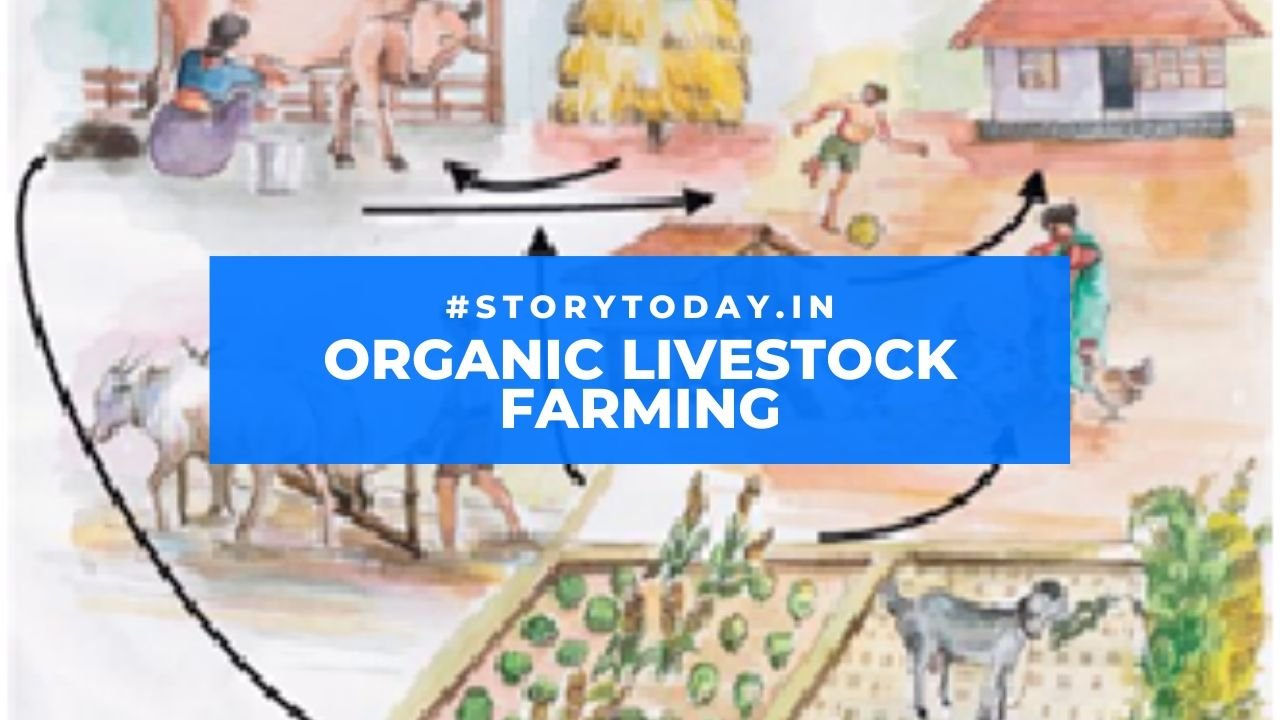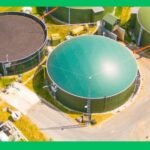As per the definition of FAO/WHO “Organic agriculture is a holistic production management system w
As per the definition of FAO/WHO “Organic agriculture is a holistic production management system which promotes and enhances agro-ecosystem, health, including bio-diversity, biological cycles and soil biological activities. Now a days, organic agriculture is getting importance for it’s sustainable features as opposed to chemical fertilizers and other chemical inputs. Organic agriculture is being promoted not only because, it is sustainable and environment friendly, but it also ensures better health by providing residue free food for us and better livelihood for its producers. For such organic farming/organic agriculture, the most vital aspect is the certification for acquiring organic status.
Certification is a procedure by which a third party gives written assurance, that a clearly identified process has been adopted by the producer which has been methodically inspected and assessed by the certifying agency for its accuracy and authenticity, to ensure that specified product conforms to the specified requirement to be organic to instill confidence of the consumers.
Components of Organic Certification System
- In organic certification system there are generally four components – Organic production programme and standard, Accreditation agency, Certification and inspection agency, Grower/Producer.
- Organic production programme and standard is a defined framework of rules and regulations, requirements, quality standards, production protocol and inspection and certification protocol defined and put in place by government.
- The agency appointed by government to appoint and monitor the functioning of the certification and inspection agencies is called accreditation agency.
- Certification and inspection agency/agencies are nongovernmental agencies which undertake inspection process and grant necessary certificate according to the standards and procedure specified in the programme. As said earlier these agencies are appointed by accreditation agency.
- Grower/Producer, as we know, are individuals or agencies which propose to grow/produce the products conforming to the organic production programme; under the inspection regime of the certification agency.
Certification Procedure
- Application is to be tendered to the certification agency in the prescribed format with necessary farm and process details.
- The certifying agency will then screen the application and if necessary it will ask for further details or clarification.
- Certification agency will then intimate the fee/dues for certification and inspection to the applied for its acceptance.
- If the cost/fee is accepted by the applicant both parties will enter into an agreement.
[flickr-photo:id=2922267869,size=m] [flickr-photo:id=7353807678,size=m]
Consequent to the mutual agreement, certification agency will ask for cropping/production/cultivation processing plan from the applicant grower and supply him a copy of the standards and the process advances as under
- The applicant grower is to pay 50% of the certification cost in advance.
- Certification agency will carry out inspection as scheduled before but some unannounced inspection can also be done. In case of doubt, they can called samples for laboratory analysis.
- Certification agency will submit the inspection report to the certifying committee.
- The applicant grower will have to pay remaining 50% of the certificating cost.
- Certification agency will arrange the certificate.
Records
All organic growers must maintain necessary records in the prescribed formet provided by the certification agency which are to be produced at the time of first inspection. These records include
Inputs records : Details of origin,nature and quantities of all materials brought in and use of such materials in the fields/process.
Outputs records: Details of the nature ,quantities and consigns of all agricultural products sold, quantities sold directly to the final consumer.
Stock level records: Raw materials and finished products.
Crop records: Ground maps and cropping details of the previous three years.
Lands already converted, under conversion,the treatment and details of inputs use in each area for last three years.
Crop rotation plan, cropping plan by area or field.
The source and type and rate of uses of mineral fertilizers, product used for pest and disease control ,seeds and transplant used.
Livestock records: Up to date livestock movement book.
Brought-in stock, species, source, organic status, identification and age, veterinary history, conversion time.
Some Certification agencies
A number of certification agencies are taking up the certification process on crops, inputs, farm, processing units, stock facilities and transportation. List of some of such accredited certification agency is given so that farmers interested in organic certification may use.
Institute of Marketokology (IMO)
78,Ist Floor,11th cross, Indiranagar
1 state, Banglore
SGS India Pvt.Ltd.
250 Udyog vihar, phase iv
Gurgaon 122015
ECOCERT International
Sector-3, 6/3 and 4 Hindustan Awas Ltd.
Walmi-Walnuj Road
Aurangabad-431002




